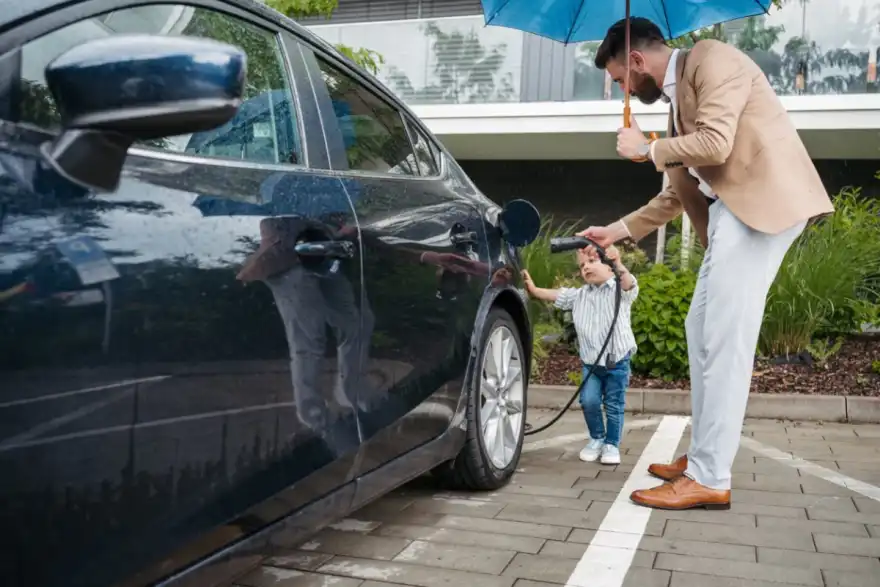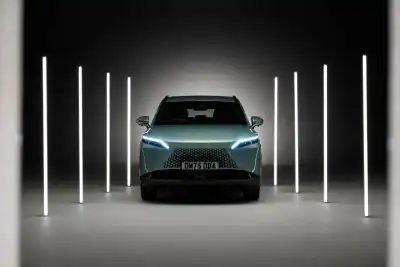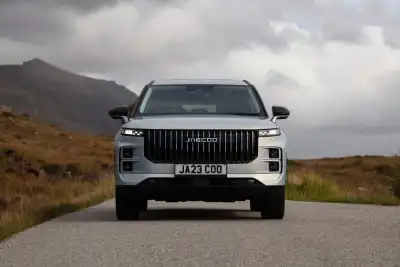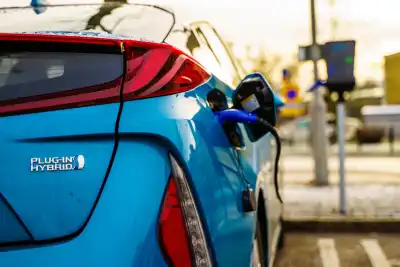
The House of Lords’ Environment and Climate Change Committee’s report highlights that the government must act faster if it is to meet its electric car targets, which involve 80 per cent of new cars being electric by 2030, and then every new car being electric by 2035.
While electric cars continue to rise in popularity, demand has slowed in recent months, especially with private buyers where there are fewer incentives to make the switch.
The committee warned of three main factors that the government needed to address – higher purchase costs, insufficient charging infrastructure and mixed messaging on electric cars. It’s the latter that we’re going to explore here, as well as look at the recommendations by the Lords to improve EV uptake and what difference this might make.
What is the mixed messaging and why is it putting people off electric cars?
There are several aspects of this mixed messaging when it comes to electric cars. One of the first elements mentioned is the government’s ‘lack of clear and consistent messaging’ which has been causing an ‘inaccurate press reporting to fill the void’.
The report from the Lords’ Committee pointed towards articles in the Daily Mail and Telegraph surrounding electric car batteries being “unsafe” and that EVs are far more likely to burst into flames. A particular article in the Telegraph titled ‘We must put a stop to the electric vehicle revolution – before someone gets hurt’ was criticised, especially as the Association of British Insurers said that EVs pose no more of a fire risk than traditional petrol and diesel cars.
The report said that several witnesses said that coverage of EVs in the media was ‘inaccurate’ and portrayed EVs in a ‘disproportionately negative light’.
Richard Bruce, director of transport decarbonisation at the Department for Transport told the committee: “I do think there has been an impact from a concerted campaign of misinformation over the last 14 months or so that has been pushing consistent myths about EVs that people absorb and which is reflected in their appetite [for purchasing EVs]. There is an anti-EV story in the papers almost every day. Sometimes there are many stories, almost all of which are based on misconceptions and mistruths, unfortunately.”
Common areas of confusion and legitimate concerns raised by consumers included the misconception that all petrol and diesel cars will be banned in future years, and not just new vehicles, as well as concerns about the mining involved in producing electric car batteries.
What were the House of Lords committee recommendations?
Following the Lords’ committee’s extensive report, it made a series of recommendations to significantly increase electric car uptake. It called on the government to introduce the following measures:
- Explore options to incentivise second-hand electric car sales. It referenced the interest-free loans that the Scottish government offers.
- Develop a ‘battery health standard’, giving customers the confidence to buy a used EV knowing there is plenty of life left in the products.
- Develop a new road tax framework that continues to drive electric car uptake.
- Make VAT equal for public charging and home charging. Currently, public charging VAT is charged at 20 per cent, and five per cent for domestic electricity.
- Communicate a positive vision of the EV transition, promoting clear and accurate information.
- Extend the local electric vehicle infrastructure fund (LEVI), which provides funding for public EV charging infrastructure, by three years.
- Make it easier for tenants and leaseholders in multi-occupancy buildings to have an electric car charger installed.
- Review planning regulations to make sure that EV charging rollout isn’t delayed by outdated planning permission processes.
- Consider mandating that workplaces with designated parking spaces install EV charge points.
- Accelerate investment into UK vehicle and battery recycling facilities.
- Enhance UK manufacturing and battery innovation for EVs.



